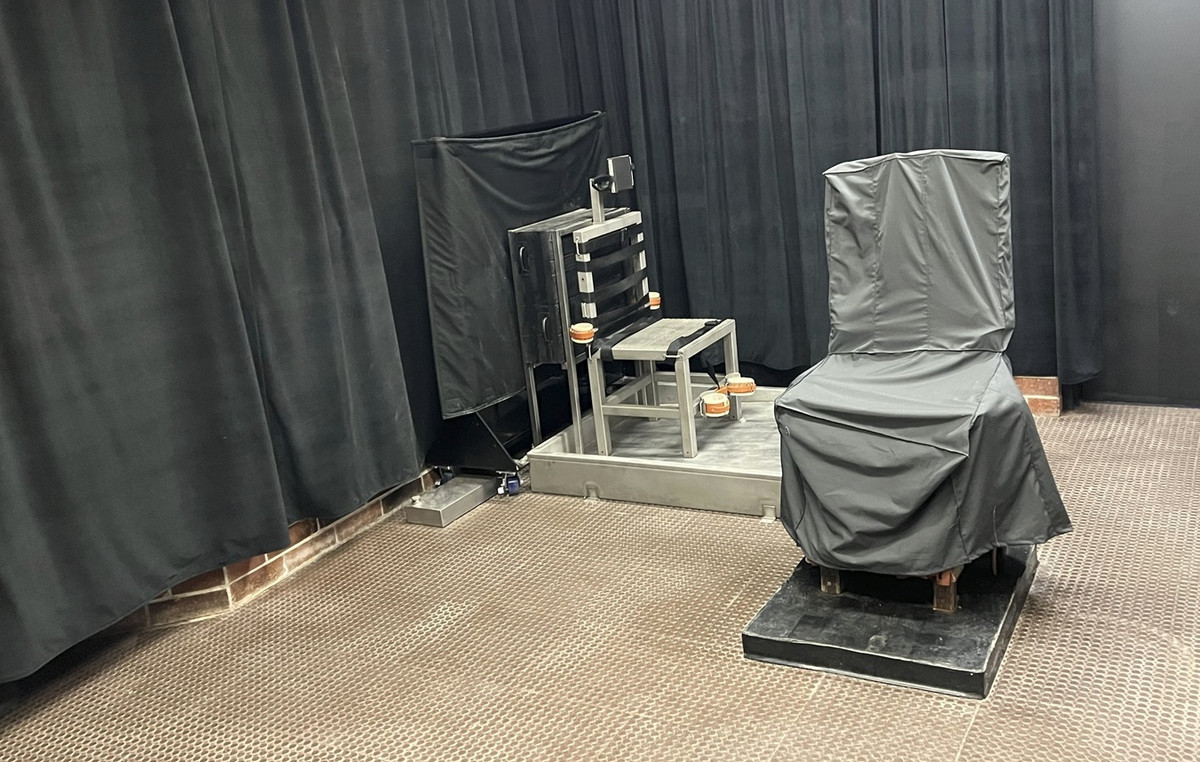A large majority of 59 economists surveyed by Reuters expects the Bank of England (BOE) to reduce the policy at 25 basic points (PBS) in the third and fourth quarter, carrying the banking rate to 3.75% from 4.25%, where it is currently.
The medium expectations of the economists surveyed point to a growth of 1% in 2025 and 1.2% in 2026.
Market reaction
The GBP/USD bounces from the weekly minimum that played about 1,3450 early in the day. At the time of publication, the pair was quoted in 1,3520, losing about 0.2% in daily terms.
BOE FAQS
The Bank of England (BOE) decides the monetary policy of the United Kingdom. Its main objective is to achieve prices stability, that is, a constant inflation rate of 2%. Your instrument to achieve this is the adjustment of basic loan rates. The BOE sets the type to which it provides commercial banks and to which banks lend themselves to each other, determining the level of interest rates in the economy in general. This also influences the value of sterling pound (GBP).
When inflation exceeds the objective of the Bank of England, it responds by raising interest rates, which makes access to credit for citizens and companies more expensive. This is positive for sterling pound, since higher interest rates make the United Kingdom a more attractive place for world investors to invest their money. When inflation falls below the objective, it is a sign that economic growth is slowing down, and the Bank of England will consider the possibility of lowering interest rates to reduce credit in the hope that companies ask to borrow to invest in projects that generate growth, which is negative for sterling pound.
In extreme situations, the Bank of England can apply a policy called Quantitative Easing (QE). The QE is the process by which the BOE substantially increases the flow of credit in a stuck financial system. The QE is a policy of last resort when the descent of interest rates does not achieve the necessary result. The QE process implies that the Bank of England prints money to buy assets, normally state bonds or corporate bonds with AAA rating, banks and other financial institutions. Which usually translates into a weakening of the pound sterling.
The quantitative hardening (QT) is the reverse of the QE, and is applied when the economy is strengthening and inflation begins to rise. While in the QE the Bank of England (BOE) buys state and business bonds from financial institutions to encourage them to grant loans, in the QT the BOE stops buying more bonds and stops reinvesting the main one that expires of the bonds it already has. It is usually positive for sterling pound.
Source: Fx Street
I am Joshua Winder, a senior-level journalist and editor at World Stock Market. I specialize in covering news related to the stock market and economic trends. With more than 8 years of experience in this field, I have become an expert in financial reporting.







